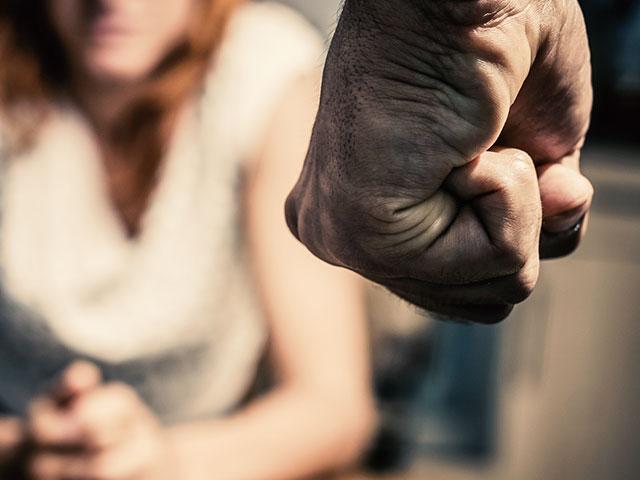In the waning days of this presidential election, voters are contemplating the subject of sexual harassment.
Americans are hearing about several women who have accused or are accusing both Donald Trump and Bill Clinton of impropriety. It's interesting to observe how these women are treated by the media, the public and even the wives of the accused.
CBN News is not in a position to confirm the stories of the accusers, and that's not the objective of this blog.
But it is important to note that, for the most part, the women who have come forward over the years have not been treated well. This is often why so many women keep their abuse a secret.
The main reasons women do not report sexual misconduct, according to Maryland Coaliton Against Sexual Assault is the belief that:
- They won't be believed.
- Their character will be maligned
- People will say it's the victim's fault
- They don't want others to know
- Not enough proof
- It wasn't that serious
That last one is particularly concerning. Sexual abuse is so ingrained in our culture, some people, both victims and perpetrators, don't even know it's wrong.
These are some examples of crossing the line, according to New York discrimination lawyers Phillips and Associates:
- Lewd jokes or sexual anecdotes
- Rude or offensive sexual gestures
- Inappropriate touching or contact
- Unwelcome calls, letters, or emails
- Questions about past sexual history
- Jokes about sexual preference or activity
- Staring in a suggestive or offensive manner
- Sharing sexually inappropriate images or videos
- Comments about a person's clothing, appearance, or body parts
- Offensive comments about gender identity or sexual orientation
Just like relationships in the workplace, personal relationships can become also become abusive. Sometimes women don't realize the behavior of the man they're dating is unhealthy or abusive.
Here are some red flags, according to breakthecycle.org:
- Checking cell phones, emails or social networks without permission
- Extreme jealousy or insecurity
- Constant belittling or put-downs
- Explosive temper
- Isolation from family and friends
- Making false accusations
- Erratic mood swings
- Physically inflicting pain or hurt in any way
- Possessiveness
- Telling someone what to do
- Repeatedly pressuring someone to have sex
Oftentimes, people close to the victim, such as parents or friends are the first ones to notice something is wrong. Here are some warning signs according to breakthecycle.org:
- She apologizes for his behavior and makes excuses for him.
- She loses interest in activities that she used to enjoy.
- She stops seeing friends and family members and becomes more and more isolated.
- When your daughter (or friend) and her boyfriend are together, he calls her names and puts her down in front of other people.
- He acts extremely jealous of others who pay attention to her, especially other guys.
- He thinks or tells your daughter that you (her parents, her friends) don't like him.
- He controls her behavior, checking up on her constantly, calling and texting her,
- demanding to know who she has been with.
- She casually mentions his violent behavior, but laughs it off as a joke.
- You see him violently lose his temper, striking or breaking objects.
- She often has unexplained injuries, or the explanations she offers don't make sense.
People experiencing the above should seek help from a relative, friend of the family, clergy member, teacher, school counselor, coach or even the police.
A local domestic violence program or the National Dating Abuse Helpline (1-866-331-9474 or 1-866-331-8453 TTY) or a visit to www.loveisrespect.org can tell you if there is a program or support group in your community.










